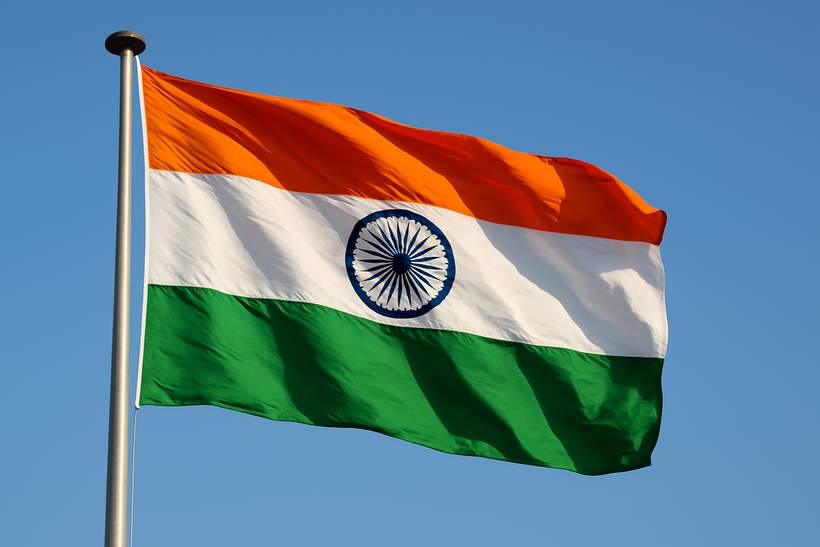India Supreme Court Reviews PIL on Online Gambling Ban

Supreme Court Examines Public Interest Litigation on Online Gambling
India’s Supreme Court has initiated a review of a public interest litigation (PIL) filed by the Centre for Accountability and Systemic Change (CASC). This organization aims to promote accountable governance and uphold the rule of law, seeking justice for all citizens. The PIL specifically calls for a ban on online gambling platforms that operate under the guise of social games or esports.
Massive Online Gambling Market in India
The petition requests the Supreme Court to direct the government to harmonize national and state regulations following the recently introduced Promotion and Regulation of Online Gaming Act, 2025. The aim is to curb online gambling and betting activities that are disguised as social or esports games. The PIL identifies notable technology companies, including Apple Inc. and Google India Pvt Ltd, as respondents in the case.
This legal proceeding opens the way for India’s parliament to enforce a ban covering all real-money online gaming, including skill-based contests such as fantasy sports and poker. CASC referred to the relevant legislation in their petition, urging the court to mandate government action against harmful gaming applications causing social and economic damage.
The filing highlights that betting and gambling are illegal in most Indian states. It points out that there are ongoing legal contests in various high courts where governments and gaming platforms have filed affidavits. The petition references data stating that approximately 650 million Indians participate in such games, generating an estimated annual revenue exceeding 1.8 lakh crore rupees (around 20.5 billion USD). This vast level of online gambling is reported to have negative repercussions on society, the economy, and national security.
Addressing the Growing Threat to Society
The detrimental effects of online betting and gambling are underscored in the objectives of the new Promotion and Regulation of Online Gaming Act, 2025. According to remarks made by the IT Minister in Parliament, the legislation was introduced to safeguard social welfare and combat the creeping menace posed by these activities.
The PIL urges the court to authorize relevant authorities to block illegal betting websites and applications, stop financial transactions linked to unregistered gaming platforms, and investigate the companies managing these services. It also calls for measures to recover unpaid taxes from these businesses.
In August, the government imposed a 40% sin tax on gambling and other luxury products, a move that generated considerable criticism from the gaming industry.